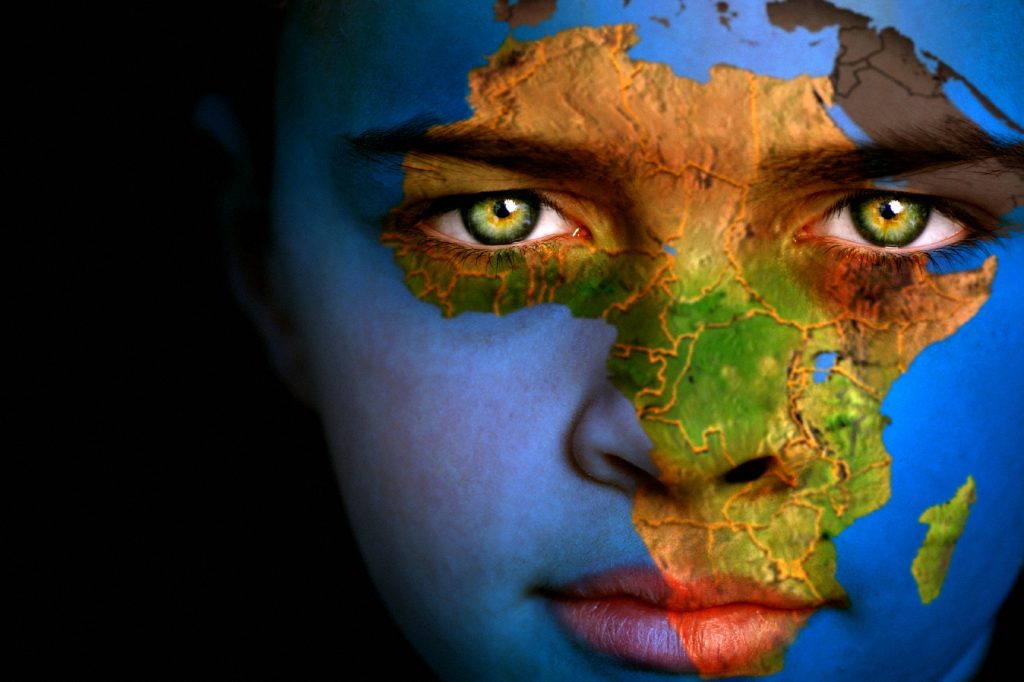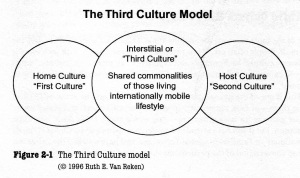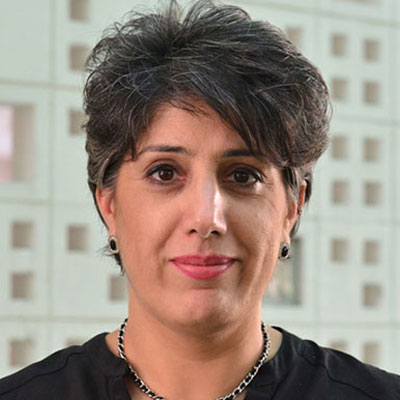At the beginning of the new school academic year, all students at The British School go through a transition of some sort. Some move from one Key Stage to another, some within Key Stages, whilst some leave and some join the school. Each one of these transitions has its own set of experiences and challenges. At TBS, Key Stage Leaders, Heads of Year and class teachers work together to ensure that these transitions are as seamless and smooth as possible.
Throughout the academic year there are students that join the TBS community from different parts of the world and others that move onto another country. This may be for family reasons, or because parents are working with MNCs, Embassies and High Commissions etc. Transition of this sort, from one country to another, brings forth a whole new set of experiences.

TBS has culturally an extremely diverse community, with over 65 different nationalities. They all flourish together side by side in a happy and safe school environment. A question that I have often overheard students asking a new student is ‘Where are you from?’ For some students this seemingly simple question may not be that easy to answer, as they may end up questioning their own identity. TBS is undoubtedly home to many Third Culture Kids (TCKs) – a term that was coined many years ago by Dr Ruth Useem, a sociologist. Dr Useem was an American who had come to India to study the impact on American children living away from ‘home’. David Pollock and Ruth Useem have done extensive research on TCKs, which was mainly carried out in America. They then extended their study whether this phenomenon prevailed globally; the studies revealed that TCKs lived in all parts of the world and within vast countries like America and Canada.

Third Culture Kids are those children who have spent a significant amount of their developmental years in a culture that is different from their parents’ culture. The third culture can be considered to be the overlap of the culture of parents’ origin and the culture of the host country.
Children who grow up in different cultures are often unable to develop their own identity, as they are unable to identify with one particular culture and become global nomads, cultural chameleons or hybrids. There are many benefits of being a TCK:
- Open minded – TCKs tend to approach situations with a broader perspective and are culturally sensitive
- There is a greater capacity to adjust to different situations due to cross cultural transitions
- Greater exposure to different languages – TCKs are often bi-lingual
- The exposure to different cultures and perspectives helps build tolerance
- Interpersonal sensitivity is more developed and TCKs are attuned to their emotions better than others in their peer groups
- TCKs are more likely to maintain a global dimension throughout their lives and may enter professions of an international nature
- TCKs also have their fair share of challenges with regular transitions from culture to culture:
- They may remain an ‘outsider’ as they may find it difficult to integrate into the host culture
- The constant mobility could be the reason why some TCKs find it difficult to form relationships and form close friendships
- It can be a culture shock when they return to their home country because they may not be familiar with what children their own age are doing (this has got much better with all the social media/internet exposure)
- Teenage years, when identity is psychologically strengthened, are spent abroad, which may lead to a lack of identity

TCKs are unique and studies show that they go on to be successful in education and take advantage of their experiences which have truly enriched their lives beyond all boundaries.
Educators need to be aware of and be prepared to welcome TCKs in their school communities and support them and their families as much as possible. At TBS we are lucky to have several teachers across primary and secondary schools that have completed an International Teachers Certificate and have a deep understanding of TCKs and possess skill sets to support them.
Bibliography:
- www.tckworld.com
- https://www.telegraph.co.uk/expat/education-and-family/the-10-biggest-struggles-for-a-third-culture-kid/
- Third Culture Kids: Growing up among worlds by David C Pollock and Ruth Van Reken
Photos courtesy traveller.com.au, arua.org.za, signsandwords.com, freestylelanguagecenter.com and The British School.

